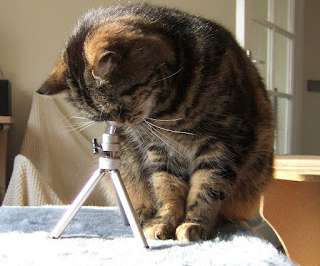When is an IP agreement between a university and a student inventor unfair?
The IPKat
JANUARY 27, 2023
39(1)(a) provides that inventions made by employees shall be deemed to belong to their employer if they were made in the course of the normal duties or specifically assigned duties, and the circumstances were such that an invention might reasonably be expected to result from the duties. Who owned the patent?











Let's personalize your content